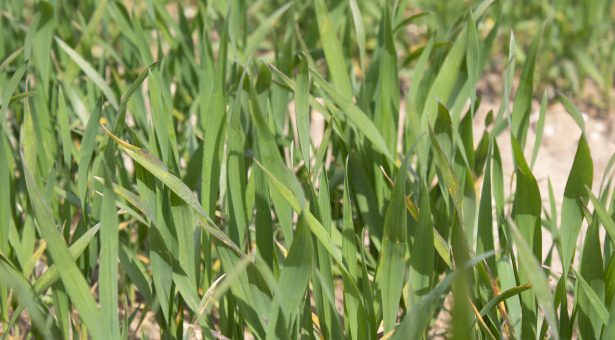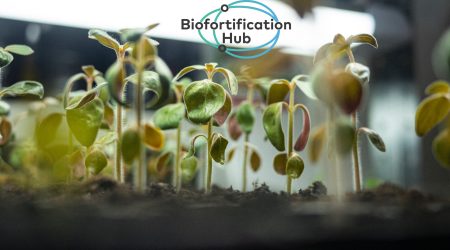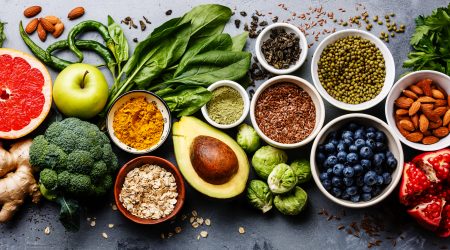John Innes Centre and UEA among leading UK institutions signing crop science agreement with Indian Government

Collaboration between leading scientists in the UK and India will focus on tackling global food shortages with research into increasing crop yields and improving disease and drought resistance.
A Memorandum of Understanding (MoU) was signed on 24 February 2016 between India’s Department of Biotechnology and a consortium of British research institutions including the John Innes Centre and the UEA.
The aim of the MoU is to establish a joint UK-India collaboration programme in crop science, which will enhance collaborative research, promote knowledge exchange, and support capacity building to develop resilience in food security.
The agreement was signed on behalf of the John Innes Centre by its director, Professor Dale Sanders. It was also signed by Professor K. VijayRaghavan, Secretary, Department of Biotechnology, Ministry of Science and Technology, Government of India and Dr Nafees Meah, Director, Research Councils UK India, on behalf of the Biotechnology and Biological Sciences Research Council (BBSRC). Other signatories included representatives from the University of Cambridge, the University of East Anglia, NIAB in Cambridge and Rothamsted Research.
The MoU was signed in the presence of India’s Union Minister for Science and Technology and Earth Sciences Dr Harsh Vardhan, and the Minister of State for Science and Technology and Earth Sciences Sh Y S Chowdary.
Professor Dale Sanders FRS, said: “The gauntlet, represented by the second sustainable development goal of zero hunger, has been thrown down at the global crop science community. I am delighted that the UK and India will be one of the first international research partnerships to pick up that gauntlet. I believe that we have a massive contribution to make together.”
Professor K. VijayRaghavan said: “The United Kingdom has been a long-standing partner with the Government of India in Science and Technology, a collaboration that has grown from strength to strength. On the foundation of this excellence we are delighted to take a very new and very important direction in crop science. Our partners are the best in the UK and together we can be the best anywhere, working together to address a key global problem.”
Executive Dean of Science at the University of East Anglia, Professor Philip Gilmartin, said: “This exciting initiative provides the opportunity to combine expertise in plant science, food security and environmental and climate science between the UK partner organisations and leading researchers in India to address important global challenges through collaborative research and interdisciplinary partnerships.”
Professor Leszek Borysiewicz from the University of Cambridge said: “This collaboration builds on the close links already established between leading researchers in the United Kingdom and India and is another great example of both countries’ commitment to growing our partnerships in translational and applied research.
“This collaboration will create opportunities for leading experts in the UK and India to come together to tackle global challenges in the areas of food security, crop science and biotechnology.”
Dr Tina Barsby, CEO and Director of NIAB, said: “We are delighted to be part of this international collaboration to develop and improve the translation of fundamental crop research into agronomic practice. We want to give farmers and growers throughout the sub-continent access to the most advanced developments in agricultural science and technology; essential for them to meet the challenges of growing crops in the face of changing climatic conditions and increasing food security demands.”
All parties agreed on the importance of crop science as an area of enormous potential for scientific collaboration, and its central role in driving global food security in India and beyond. The agreement foresees joint projects focusing on the fundamental science underpinning yield enhancement, disease resistance and drought resistance; research into crop re-breeding; and the translation of fundamental research into sustainable agriculture practice. It also contemplates the establishment of a joint Indo-UK Plant Science Centre in India.



